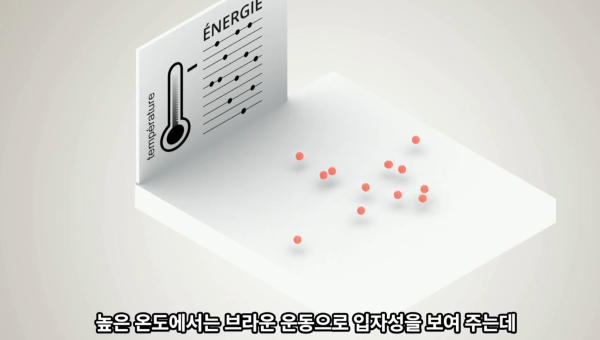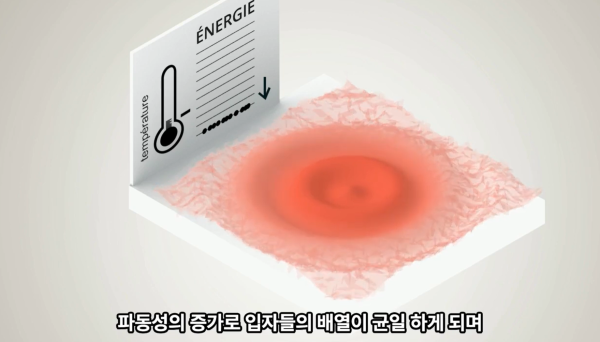심광보 박사 님 양자컴퓨팅 AI 유튜브 채널 만드셨어요. 구독과 좋아요 눌러주세요. 와인 번개 하면 와인도 엄청 많고 오디오 엄청 좋구요. 안주도 잘 만들어 주신답니다 ㅋㅋ
작성자 정보
- 작성자 bryanai
- 작성일
컨텐츠 정보
- 조회 2,873
본문
심광보 박사 님 양자컴퓨팅 AI 유튜브 채널 만드셨어요. 구독과 좋아요 눌러주세요. 와인 번개 하면 와인도 엄청 많고 오디오 엄청 좋구요. 안주도 잘 만들어 주신답니다 ㅋㅋ
https://www.youtube.com/@QUANTUM-SYNAPSE
[이 게시물은 bryanai님에 의해 2025-04-03 10:13:43 퀀텀 AI 스터디에서 이동 됨]
[이 게시물은 bryanai님에 의해 2025-04-03 10:18:05 AI강의사이트에서 이동 됨]
[이 게시물은 bryanai님에 의해 2025-04-06 23:05:06 퀀텀 AI 스터디에서 이동 됨]
[이 게시물은 bryanai님에 의해 2025-06-03 00:35:48 퀀텀 AI 스터디에서 이동 됨]
관련자료
-
링크
-
이전
-
다음
댓글 0개
등록된 댓글이 없습니다.









